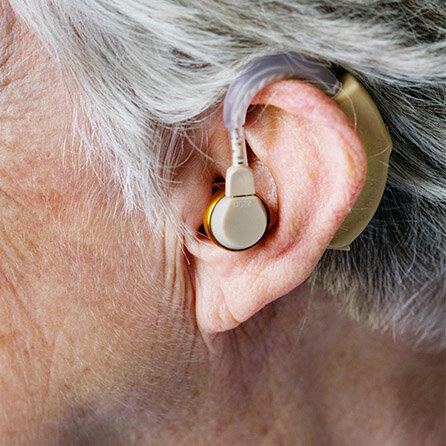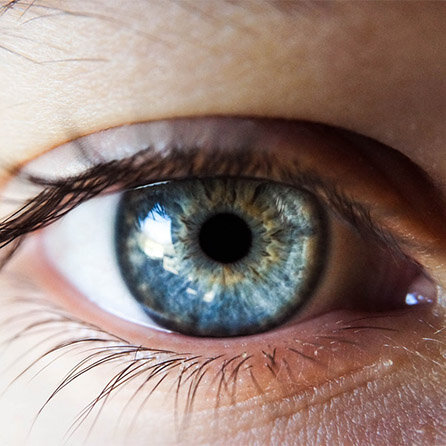Brain Blast | Neuroscience in the News
The latest news on the brain and beyond.
The impact of neuroscience is not contained to labs, research projects, and study participants. Instead, the remarkable developments that individuals and teams across the globe are making have the potential to change the way we approach a broad range of critical issues – from diagnosing disease, to treating addiction, to teaching children.
Explore the recent articles below for insight into how research on the brain is re-shaping the fields of healthcare, child development, and more.
Brain-based: Detecting Parkinson’s with EEG
In preliminary tests using EEG, University of Oregon researchers identified brainwave activity that was unique to individuals with Parkinson’s disease. They are hopeful that, in the future, EEG testing may provide an objective way to diagnose Parkinson’s disease and track disease progression to enable more personalized and effective treatment.
Story via University of Oregon
Smoke-free: Combating addiction with mindfulness
Participants in a smoking-cessation study at Brown University were asked to use a mindfulness mobile app, which provided them with techniques to identify and overcome triggers and cravings. After one month, participants’ daily cigarette consumption dropped by an average of 11 cigarettes. FMRIs on participants also demonstrated that their brains had become less responsive to smoking imagery.
Story via Brown University
Tune in: Developing a brain-controlled hearing aid
When one person is talking to another, the speaker’s brainwaves naturally start to mirror those of the listener. Using this knowledge, researchers at Columbia University created a new type of hearing aid. It helps users hear in a crowd by separating different voices from one another, comparing each to the brainwaves of the listener, and amplifying the voice pattern which best matches the listener’s brainwaves.
Story via Columbia University
Poké-mind: Gaming changes the human brain
To study how visual experiences in childhood affect brain development, a team at Stanford used fMRIs to examine the brains of individuals who regularly played Pokémon as children. When they were shown Pokémon images, a portion of their brain associated with visual categorization became active. Similar brain activity was absent in participants who did not play Pokémon as children.
Story via Massive Science
First sight: Linking vision with attention
University of Tokyo professors showed subjects shapes while measuring their brain activity by EEG. When shown an image while their attention brainwaves were peaked, subjects were highly likely to correctly recall which images they’d seen. Images shown at low points in participants’ attention brainwaves became effectively invisible – participants rarely recalled them correctly.
Story via University of Tokyo
Start your own project
If you’re a researcher looking to monitor and interpret subjects’ brainwaves in your next project, the Versus system makes it quick and simple to collect and interpret quality brain data. It’s also a user-friendly system for individuals looking to improve their concentration and relaxation abilities and track their brain performance over time.
Whatever your goals, start moving forward today by pre-ordering the Versus headset here! For regular deals, updates, and more on the Versus system, make sure you’re signed up for the Versus Mailing List.







